By and large, American comics are exercises in external action. Rare is the superhero who ends up blighted by some existential crisis and is then forced to retreat into his or herself in order to resolve the issue. Rarely is conflict not solved through fights filled with flurried fists. Even Batman, “the World’s Greatest Detective,” generally feels more like a hyper-intelligent brawler than a Sherlock Holmes type. In many ways, this makes sense. Comics are a visual medium, and it’s much easier to direct and render a series of fights than it is to imagine and literalize a metaphorical well of emotions. Still, that doesn’t mean the task is impossible. Plenty of comics do focus on issues of the heart rather than those of the body. However, few do it better than French cartoonist Gilles Roussel, more commonly known as Boulet.
Bouletcorp, Boulet’s webcomic site, was launched in 2004 and immediately catapulted the artist into stardom within the French comics sphere. When it comes to story, the comics on Bouletcorp have little in common. In one strip, Boulet chronicles his first trip to New York. In another, he draws a metafictional story about a fantastic hero and a princess who leave their magical storybook existence and end up trying to make their way in our mundane reality. However, while Boulet’s subject matter often feels disparate, all of his comics are united through their expression of the various ways people find belonging in the world. Sometimes fictional and sometimes autobiographical, Boulet’s characters and his authorial avatar all search for contentedness through familial love, romantic connection, and artistic achievement.
Many of Boulet’s comics deal with ennui and inauthenticity, which are feelings that often leave us feeling isolated and without purpose. In the 2012 24 hour comic Darkness, Boulet tells the story of a young 20-something whose new roommate, Jonas, has a brooding allure unmatched by anyone except The Breakfast Club‘s Bender. Overwrought captions narrate Jonas’ every move, and his brooding internal nature has the demonstrable ability to transform others’ perception of the world around him.
Boulet plays these moments for humor, but they’re also incredibly profound. Personas such as Jonas’ bad boy act and the narrator’s nice guy attitude are exaggerated veneers. They are inauthentic labels as their binary black-and-white natures can’t hope to encompass the depth of any human persona, yet our perception of ourselves color our perception of the world and the way that others perceive us. The narrator constantly feels slighted by Jonas’ ability to woo women, but the conflict never results in a physical altercation. Boulet’s wars are battles of the soul.
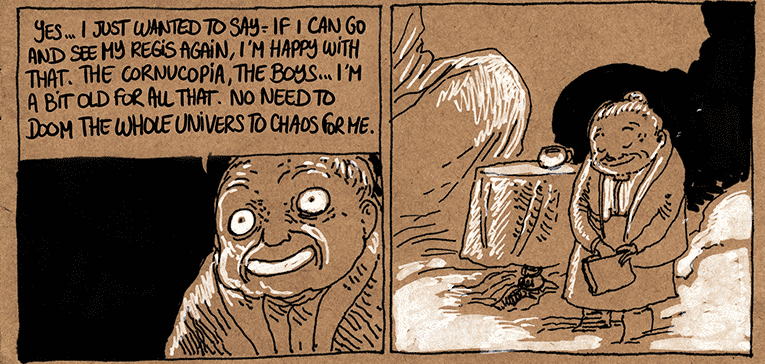
Boulet’s writing is profound, but none of his stories would function without his beautiful art. He is a master of exaggerated facial expressions, which lend humor and weight to every gaze and smile. His work is impressionistic, and constantly aims to express the internal state of his characters rather than accurately portray their physicality. His lines actively dance in front of the readers’ eyes, and bring his characters’ frazzled and overwhelming mix of emotions to the surface.
Perhaps most importantly, Boulet has range. He constantly experiments with his style and with the webcomic form. In “The Long Journey,” Boulet experiments with pixel art in order to visualizehis life’s adventure as an artist. The comics is one extremely tall panel, and recalls a video game aesthetic that gives the comic an explorative feel.
Then, in “Our Toyota was Fantastic,” Boulet uses animation to breathe an additional layer of life into his panels. The effects are never overblown, and no sharks jump out at the viewer. Instead, Boulet evokes a sense of nostalgic calmness in the reader as his younger self watches the countryside go by from his car seat. As his family’s Toyota drives through a tunnel and dingy orange lights rush by, I couldn’t help but recall every drowsy childhood memory I had of driving through the Lincoln Tunnel on the way out of Manhattan, mournful for the ending of the day yet content with the excitement of the events that occurred within. The experience is a universal one, demonstrated by the fact that “Our Toyota is Fantastic” has been one of the highest rated entries on /r/comics with over 6000 positive upvotes since being posted over a year ago. Boulet doesn’t like to scream to be heard. Instead of reaching out and grasping at multiversal conflicts, he digs deep and explores his memories and feelings, then brings them to life with an unparalleled artistic ability and capacity to formally innovate
Perhaps Boulet’s work is best summed up by the epilogue to Darkness. Where many mainstream comics on this side of the Atlantic often feel like the end result of a “violent chemical reaction,” Boulet’s stories work on a more meditative register. Their effects on readers are equally profound, but “slower, on the long term…no explosion, no fire…just time and silence.”
Alexander Lu is a writer and a college senior who just wrapped up his senior thesis on Grant Morrison. Get at him on twitter: @waxenwings


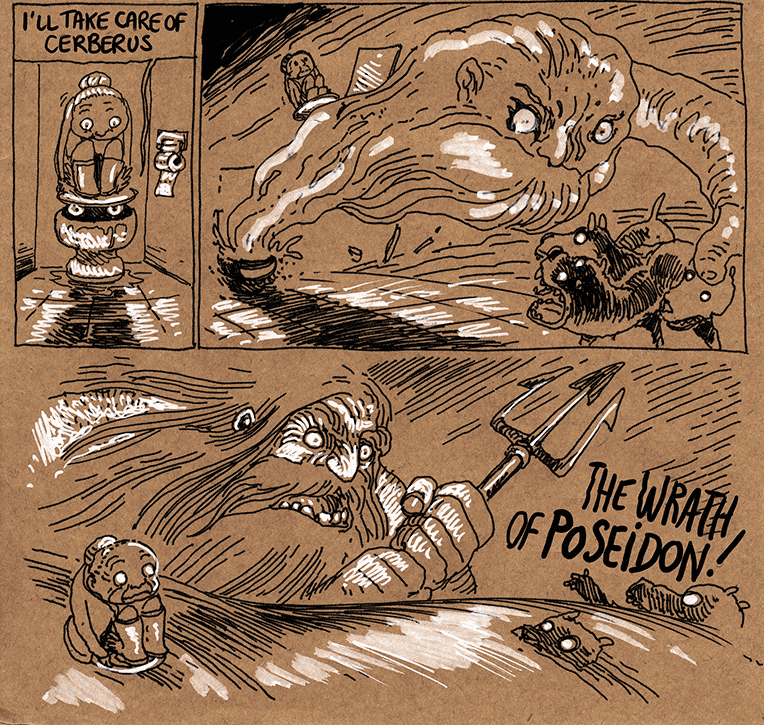
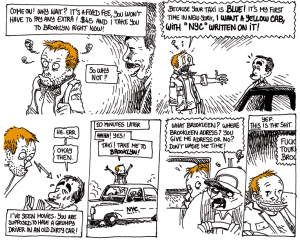
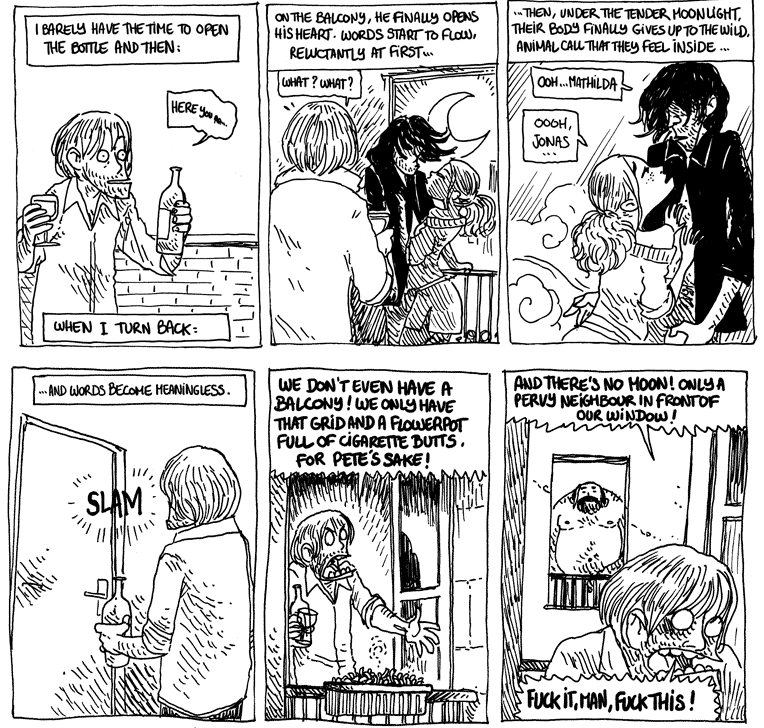
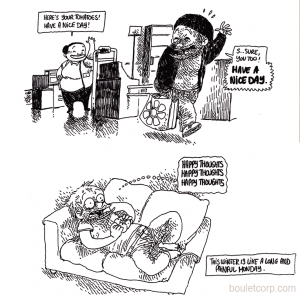
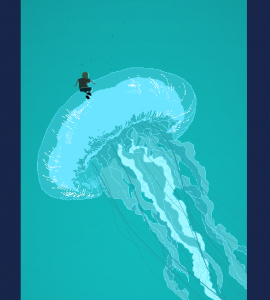
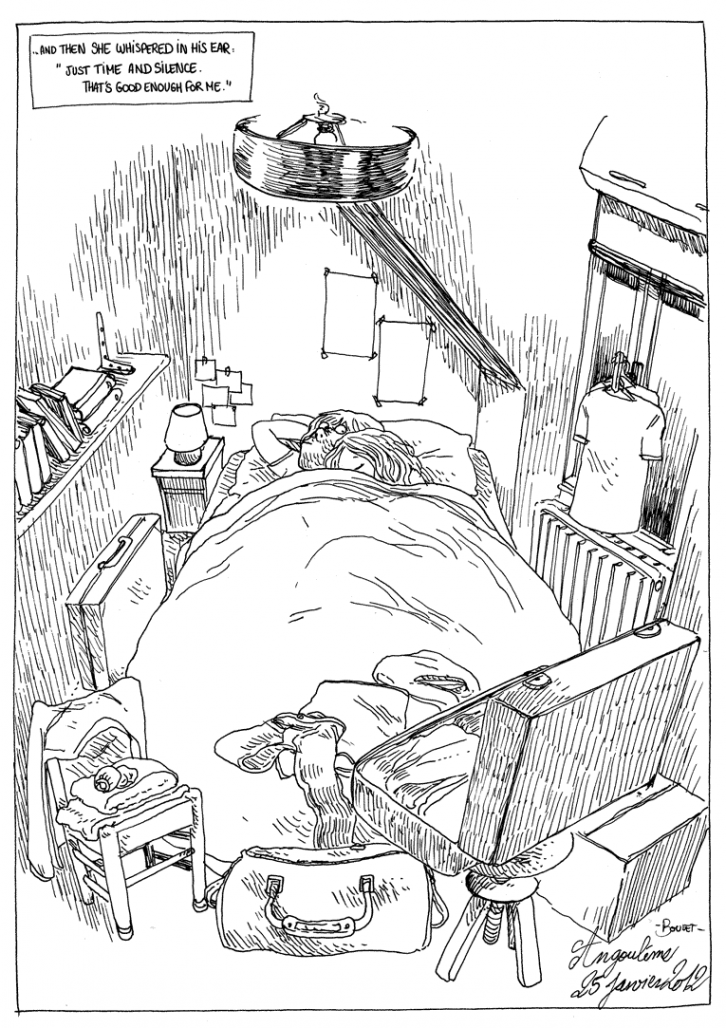
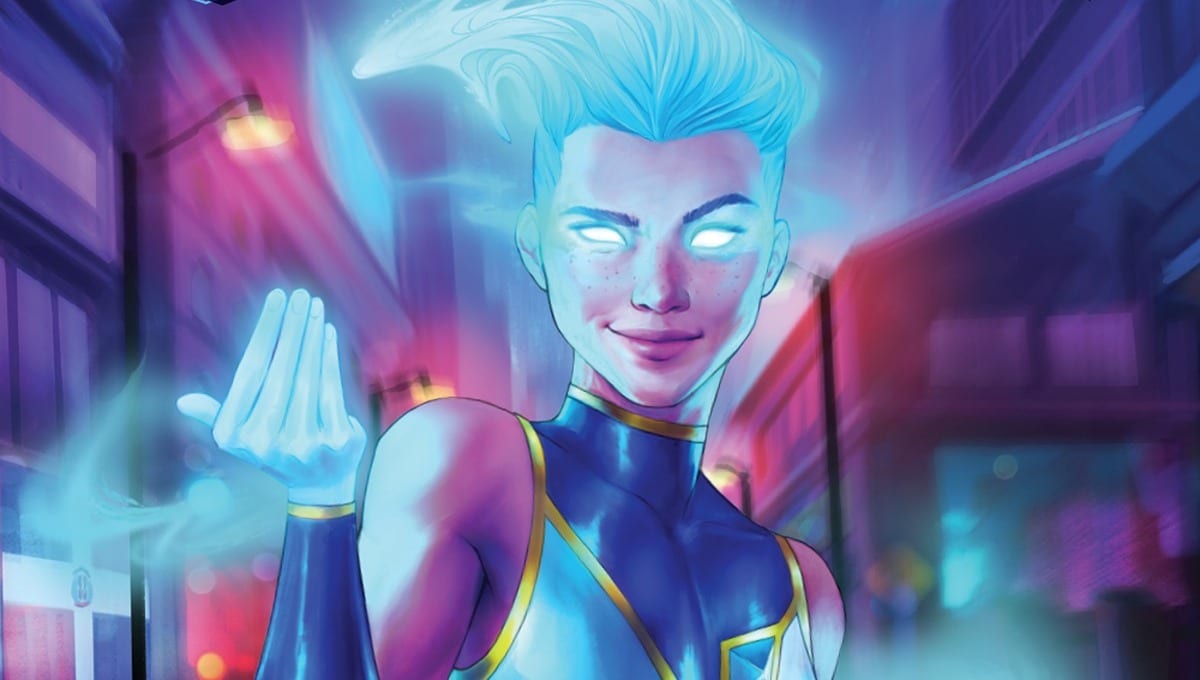
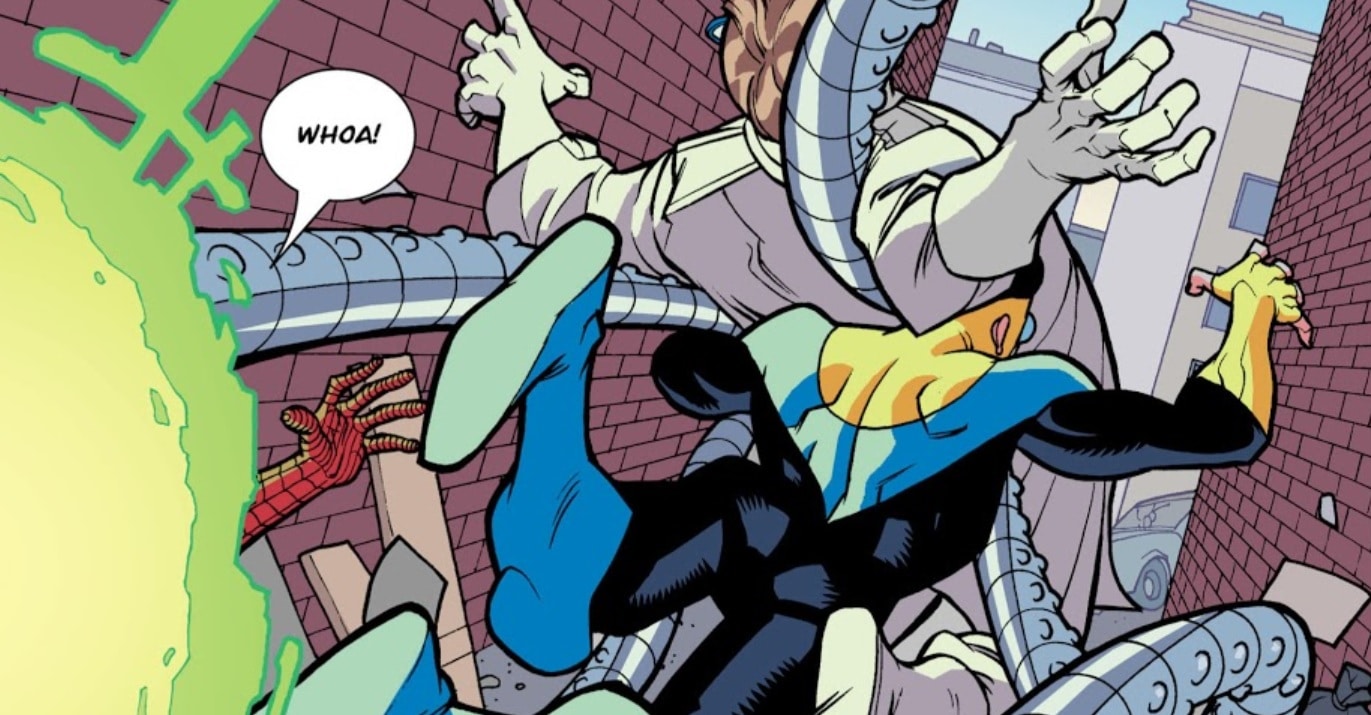
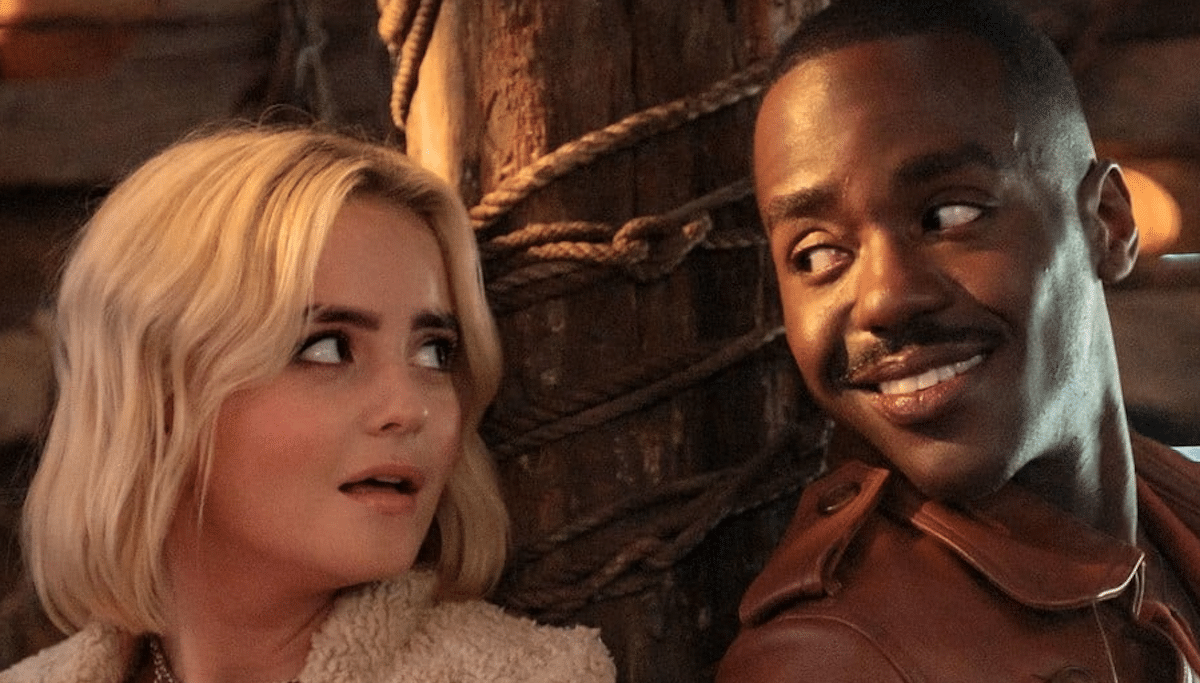



Bouletcorp is indeed a big part of Boulet’s work and of course, his most personnal. But don’t forget also what he did besides his blog: La rubrique scientifique (2 volumes – really funny), Le Miya (a nuff’ said book with a very cute and bad little monster), Le voeu de Simon / Marc (also 2 volumes), La page blanche and of course, the Dungeon books he drew. Sure I’m forgetting some other great books. :)
La Rubrique Scientifique has actually three volumes. ;-)
His longest regular series is Raghnarok (sp?), which shows the adventures of a young, awkward dragon. Don’t know if he will continue the series now that Tchô! Magazine is gone.
Ah, didn’t know about the third volume. Now I know what to get in my bookstore. :)
Thanks, Pedro !
Comments are closed.